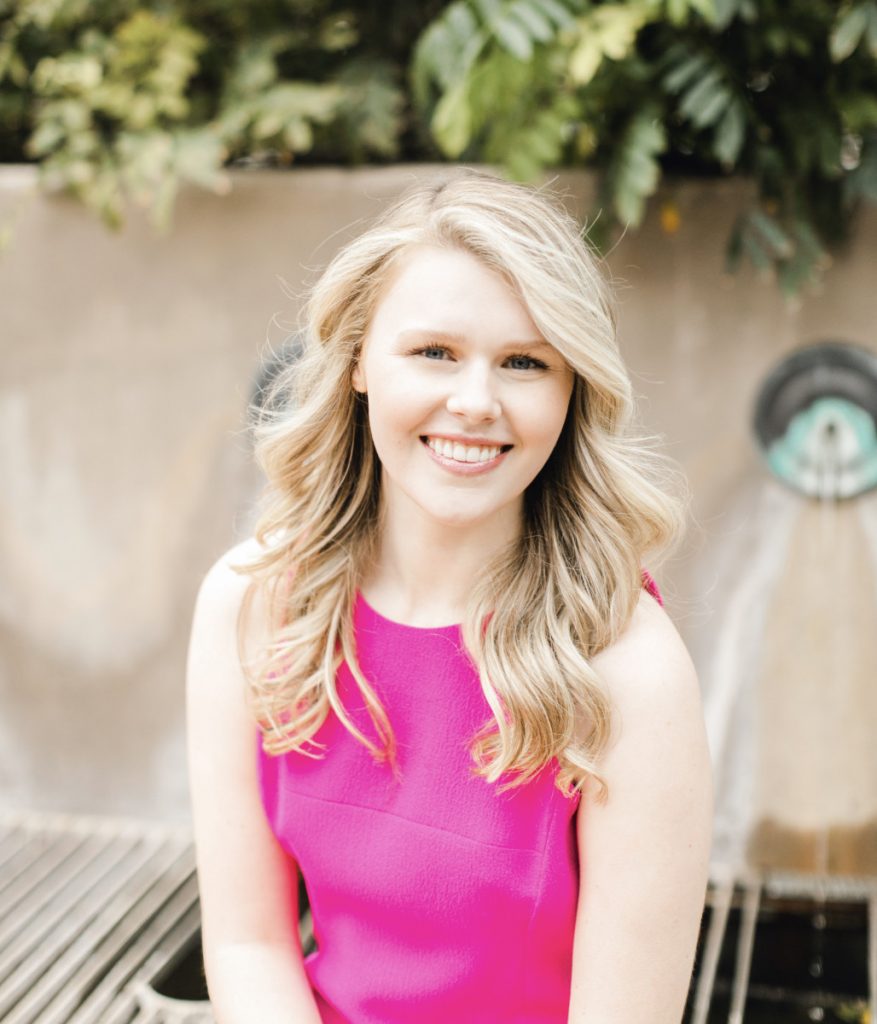
Kaitlyn Finchler
Staff writer
For a direct yet artistic and thoughtful piece, Lily Taylor earlier this spring was announced as the winner of the 2023 Chautauqua Janus Prize. Her winning piece is an essay, titled “On Impressions.” Taylor will be honored at 5 p.m. today in the Athenaeum Hotel Parlor in a ticketed ceremony and presentation. Taylor, who will give a reading at the presentation, receives a $5,000 for the prize, plus a $2,000 travel and lodging stipend.
Dedicated to celebrating an emerging writer’s single work of short fiction or nonfiction for “daring formal and aesthetic innovations that upset and reorder readers’ imaginations,” the Janus Prize — made possible by support from Twig and Barbara Branch — is now in its sixth year. Taylor’s piece will appear in a forthcoming issue of the literary journal, Chautauqua.
Sony Ton-Aime, the Michael I. Rudell Director of Literary Arts, said the Janus Prize was founded to “bring something new” to literary conversation.
“As a young writer, I’ve always felt really hesitant to even feel confident calling myself a writer,” Taylor said. “To now have won this prize and being published, it’s validation that hard work and effort does eventually pay off.”
Taylor holds degrees from the University of Oklahoma and Auburn University, and is a nonfiction writer with a specialization in lyric essays. She wrote “On Impressions” as a master’s degree student at Auburn in a nonfiction class dedicated lyric essays. She said she was under the impression only she and her professor would read it.
“I was thinking a lot about beauty and the ways that has manifested in my life and the lives of other women who I know,” she said. “I decided I was going to write about bringing the mask back on what beauty and the search for beauty in today’s world looks like.”
Michael Martone, Week Eight’s prose writer-in-residence, served as the guest judge for the Janus Prize this year.
“(‘On Impressions’) had a rambling quality, but also had expansive multiplication,” he said. “It moved in a three-dimensional way that I thought was very interesting.”
Taylor incorporated art and art history elements throughout the essay, influenced by both her research and her affinity for Monet’s artwork.
“Impressionist artwork invites the viewer in, much like lyric essays,” she said. “Impressionist artwork isn’t fully finished, straight off. The artists let you imagine these specific details he hasn’t painted himself. I was drawn to that idea of what we bring to something we read or what we see.”
Adding the artwork, she said, felt natural due to the deep thinking and connection she hadn’t noticed before.
“Some essays have dived into medical writing in a sense,” Taylor said. “Even though I haven’t experienced some of those medical issues that those women have, I can relate to the underlying emotional distress that (it) causes.”
Seeing women aesthetically modify themselves, even if by choice, speaks to today’s day and age, Taylor said.
“It’s still something that’s almost necessary because of the society and culture that we’re in right now,” she said.




